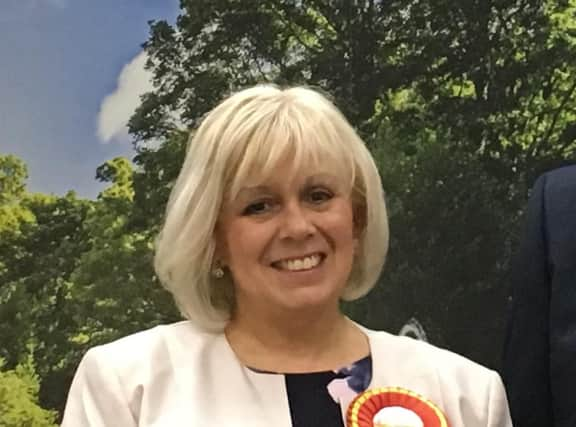MP COLUMN: Any new law must be based on evidence


A consultation is set to end soon on a proposed government bill to ban conversion therapy for sexual orientation and gender identity but the Equality and Human Rights Commission (EHRC) says that the government does not clearly define conversion therapy.
Gay conversion therapy is largely gone. People can decide if they are gay or not. How we portray our gender identity is always changing. Women and girls do not want to be restricted to traditional roles.
Advertisement
Hide AdAdvertisement
Hide AdBoys and girls may sometimes be called names when they appear or behave differently from others of their sex.
Pressure to conform may lead some to feel ill at ease with their sexual identity and orientation. Most decide to retain their gender if not their sexual orientation.
But those who want to physically change their sex cannot easily change their minds though a growing number of transgender women are detranistioning to their original sex.
Some children may be encouraged to change their physical sex. It is always best for children experiencing distress to secure the caring psychological support. More so when medical intervention is involved.
Advertisement
Hide AdAdvertisement
Hide AdMedical transition in children can involve irreversible puberty blockers, infertility, altered brain development, inability to breathe properly or do sports with a breast binder, early brittle bone disease, and hormones to grow facial hair. It can extend to a double mastectomy and a hysterectomy.
Transition may be right for some, as it long has been, but the EHRC says the government ignores the possible need for a differentiated approach between sexual orientation and being transgender. This could ensure that clinicians and therapists are not prohibited from providing appropriate care and support.
It urges further consideration before legislative proposals are finalised and their implications can be fully understood. We should await the results of an independent review of gender-identity services for children by a former president of the Royal College of Paediatrics and Child Health (RCPCH).
These are difficult and emotional issues, but any new law must be based on evidence. The government should think again.